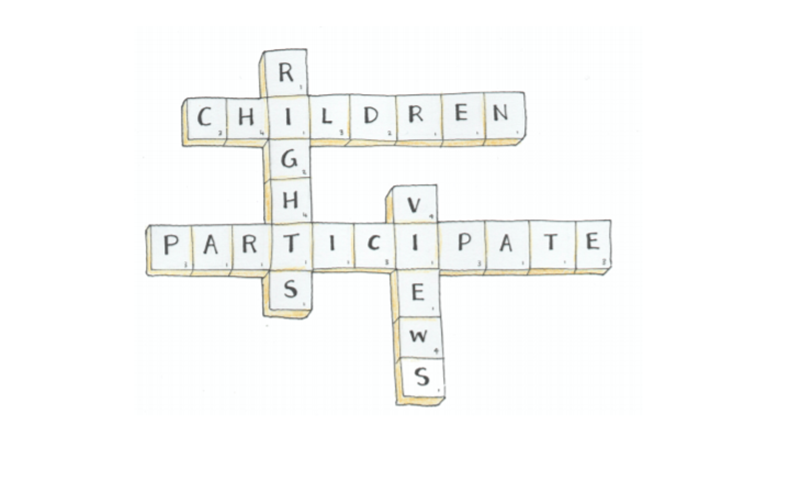Our website uses Cookies - by using this site or closing this message you're agreeing to our Terms & Conditions, Cookie Policy and Privacy Policy
xChildren’s participation in family actions
Date: 11th June 2020
Category:
Family Environment and Alternative Care

Domestic legislation and international conventions say that children’s views should be given due weight in decisions about parental responsibilities. Despite this, children’s rights to participate have often been inconsistently and inadequately realised. New research explores why this is and how both family law and practice could be developed to ensure compliance.
The research was conducted jointly by the Centre for Child Wellbeing and Protection at the University of Stirling, the Childhood & Youth Studies Research Group at the University of Edinburgh and Clan ChildLaw. A Children’s Expert Group was formed to discover the issues connected to the implementation of, and barriers to, children’s participation rights. This group was made up of children with experience of participating in family actions.
The Children’s Expert Group reflected on the difficulties faced when they gave their views in disputed child contact cases. In part, the difficulties were based upon the sensitive nature of the topic being disputed - i.e. contact with one or more of their parents - but also how their views had been sought. They felt that their views had not been listened to or heard, and some children felt that their views had been misrepresented due to the mediation of a child welfare reporter.
Using these concerns raised by the Children’s Expert Group and the provisions from the Children (Scotland) Act 1995, the European Convention on Human Rights and the United Nations Convention on the Rights of the Child, which require the views of the child to be given due weight – the research project had the following objectives:
- To provide opportunities for children with experience of family actions to shape and influence research and policy making in this area.
- To ascertain from the perspective of legal and advocacy professionals, what the current challenges for, and barriers to, children’s participation are in family actions in Scotland and the implications for children’s human rights.
- To investigate how notions of ‘competence’, ‘manipulation’ and ‘distress’ are understood and addressed in practice.
- To identify promising practices in Scotland that aim to address these barriers to and challenges for children’s participation and evidence of their effectiveness.
- To identify how other jurisdictions address these issues, what evidence exists about the effectiveness of these approaches, and explore how they might translate to a Scottish context.
Discover their research findings here
